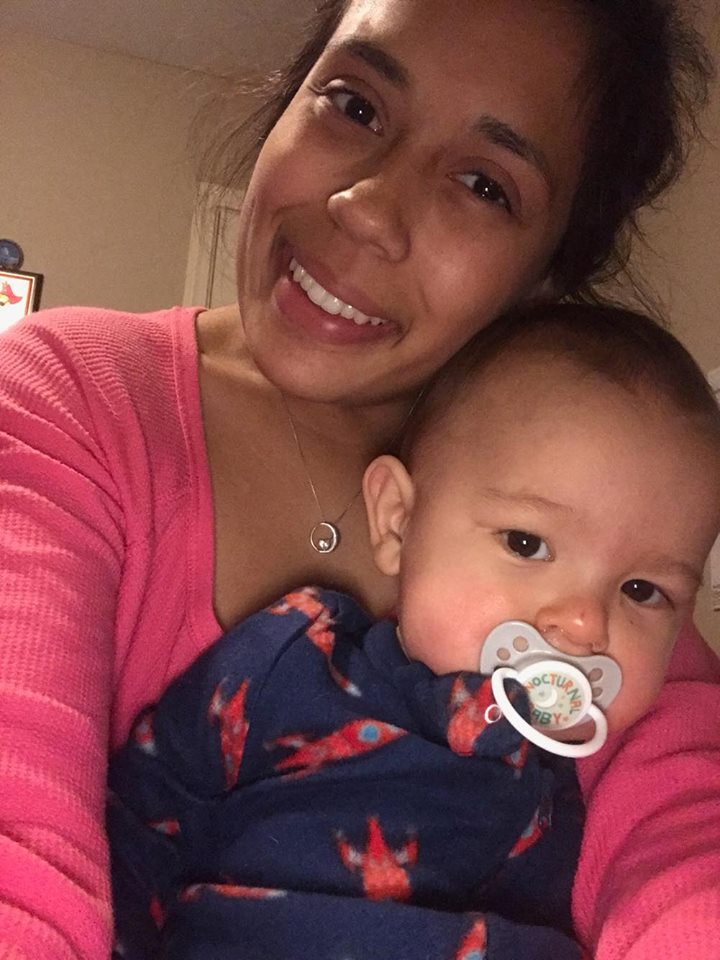Holidays can be stressful for kids who witness domestic violence

“It was the day after Thanksgiving last year, when I walked into the room to find a six-year-old boy, screaming at the top of his lungs while curled into a ball against the far wall. Other children had left the room due to the noise, and I tried to interact with him to let him know he was okay and safe. However, I quickly realized that my attempts to help him were hurting him more. He was reliving the trauma of a domestic violence situation that was described as physical and severe.”
My friend Caitlyn (pictured) recently shared that indelible memory with me, one of several that has stayed with her amidst the work she does at the Children’s Receiving Home of Sacramento.
“That little boy was really hurting, and needed space,” continues Caitlyn. “I informed the other staff members before going into the bathroom and bursting into tears.”
“The holidays are hard for so many reasons. Sadly, a time that should be magical and capture everything great about childhood can traumatic for some. I do everything I can to be a positive part of a very dark experience, and so much of that comes from understanding that children need to process trauma in many different ways.”
 During her time at the Receiving Home, holidays have been by far the busiest time of year. Caitlyn also added that she witnessed more dramatic and extreme emotions from children at that time.
During her time at the Receiving Home, holidays have been by far the busiest time of year. Caitlyn also added that she witnessed more dramatic and extreme emotions from children at that time.
“Whenever parents are home for extended periods of time, such as a holiday weekend, the receiving home experiences an influx of child removals,” adds Caitlyn, “This can happen when abusive parents are home with their children for extended periods, there is more time for tensions to rise, and less available space for ‘cooling down’.”
According to the U.S. Department of Justice, two-thirds of America’s children are exposed to violence and trauma in their homes, schools and communities each year. That’s why we recently launched Changing Minds, a national campaign designed to transform public attitudes about children’s exposure to violence and the corrosive effects of trauma on healthy brain development. New and evolving brain science reveals that a child’s positive and negative experiences can literally shape and reshape the brain.
Futures Without Violence, the U.S. Department of Justice (DOJ), and the Ad Council have developed this campaign to raise awareness of childhood exposure to violence and motivate adults who regularly interact with children (grades K-8) to take meaningful action in supporting children who may be affected. We hope you’ll take a look: www.ChangingMindsNow.org


